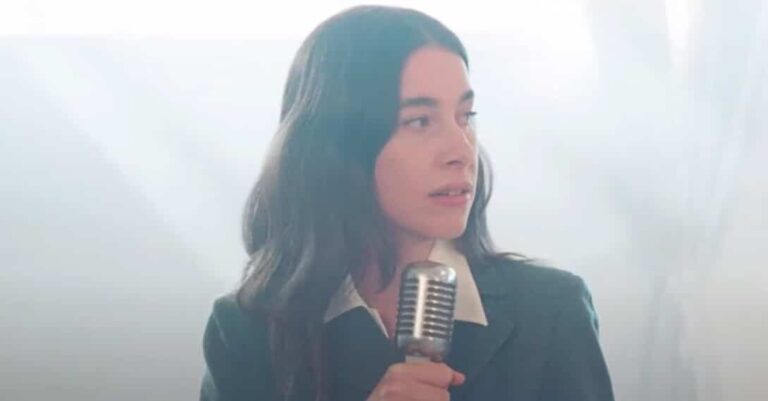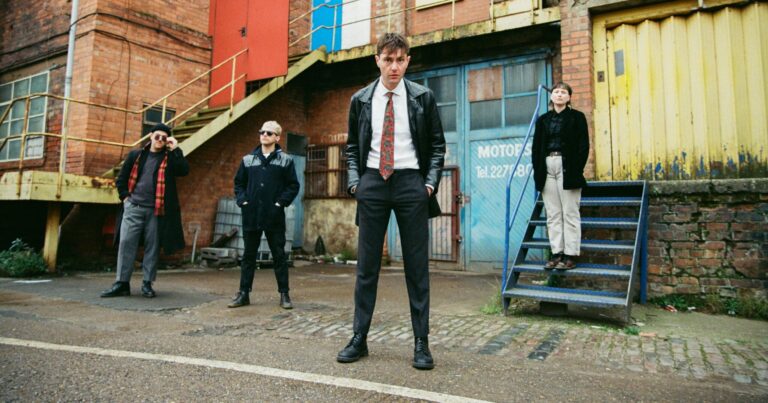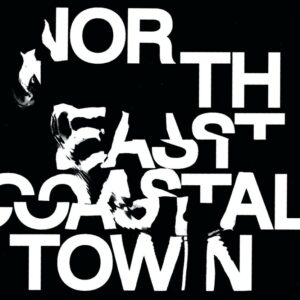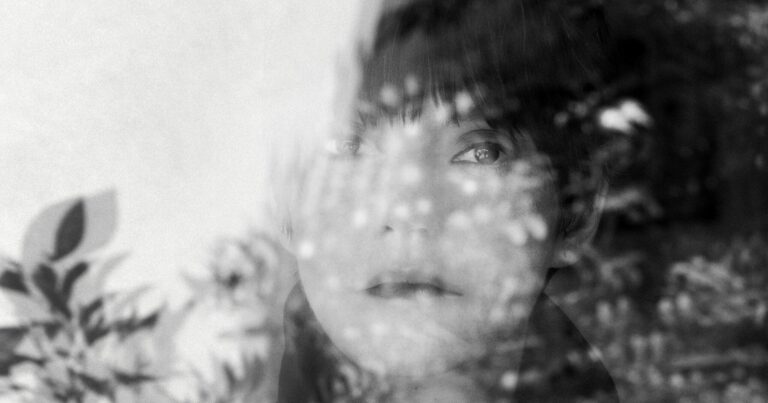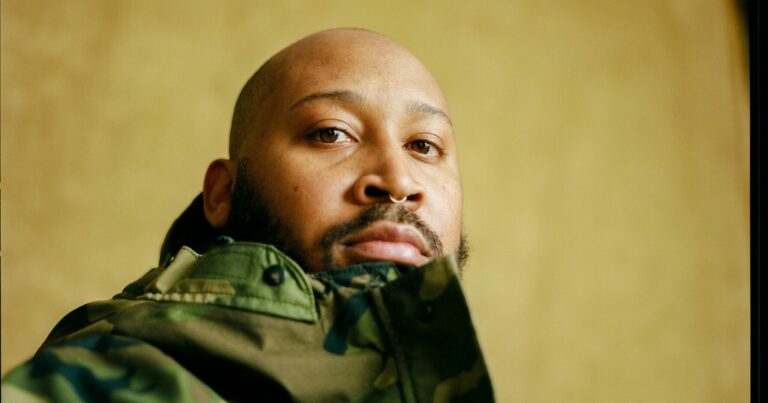Netflix’s Trinkets was canceled after its second season, but the teen drama managed to find a loyal, if not very large, fanbase that celebrated the show’s quirks. Based on the novel by Kirsten Smith, the screen adaptation’s established its tone with eye-catching visuals and a marketable premise: a mourning teen (Brianna Hildebrand) moves to a new town, where she deals with her loneliness and grief with kleptomania. She joins a Shoplifters Anonymous group where she meets two of her school classmates. Despite their vastly different backgrounds and personalities, the three girls gradually form a unique connection that takes them to unexpected places.
Aside from the celebration of female friendship and solidarity, one of the highlights of the show is easily its music. Artist Kat Cunning has a recurring role in the series that allows her to perform a spate of original songs. The soundtrack is full of moody, atmospheric songs to soundtrack the angsty teens’ adventures in Portland, Oregon. Here are fifteen of the best songs featured in Trinkets.
- “Dressed To Suppress” – Metric
- “Thinning” – Snail Mail
- “Afternoon Takeoff” – Small Forward
- “Open Your Eyes” – STRFKR
- “A Pill To Crush” – Evalyn
- “Poem” – U.S. Girls
- “Fast Slow Disco” – St. Vincent
- “Feelings” – Bloods
- “Tea-Soaked Letter” – Anna Burch
- “Motion Sickness” – Phoebe Bridgers
- “Siren 042” – Lala Lala, WHY?
- “Trouble Adjusting” – Miya Frolick
- “Seventeen” – Sharon Van Etten
- “Oom Sha La La” – Haley Heynderickx
- “yellow is the color of her eyes” – Soccer Mommy



